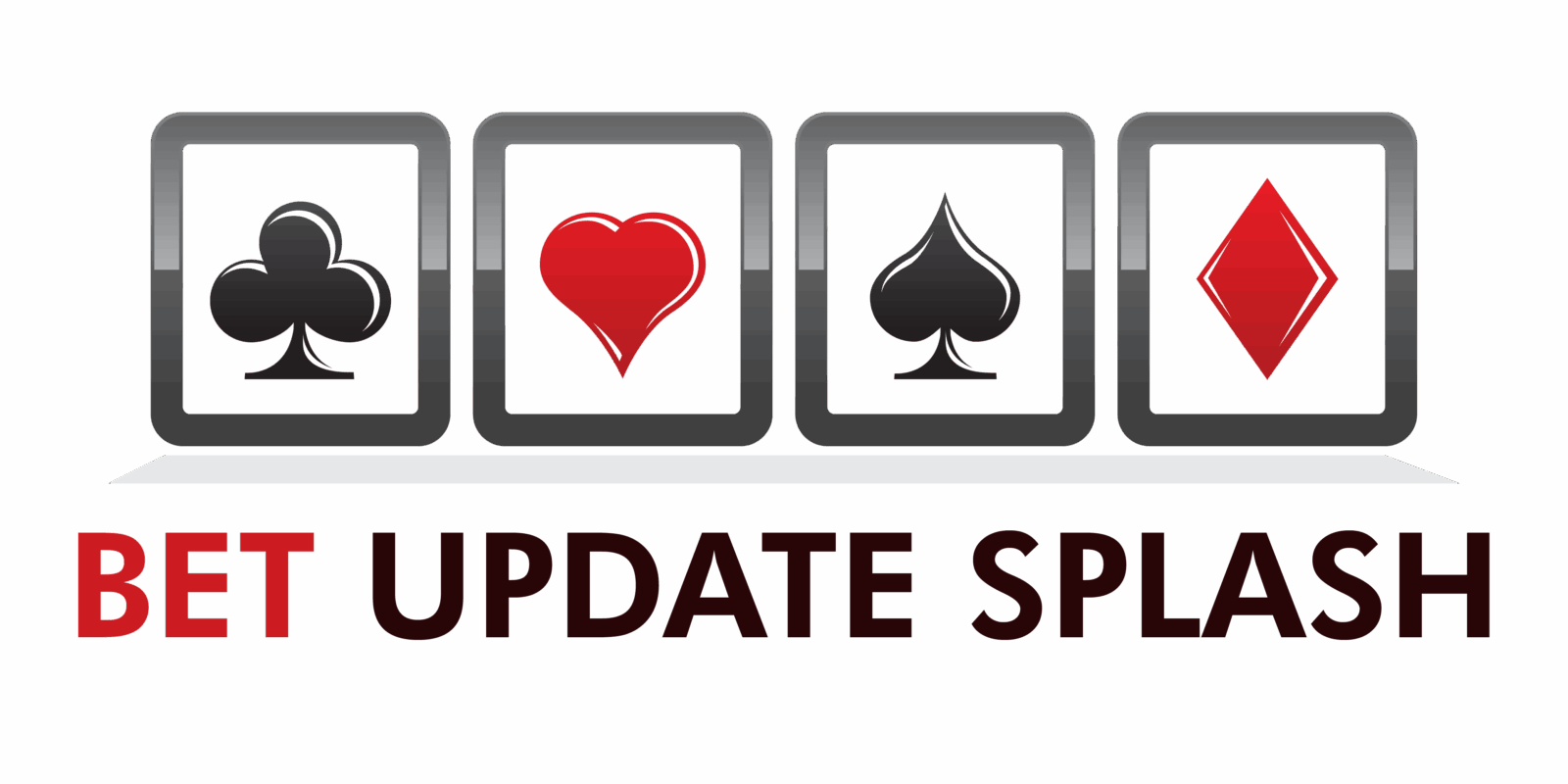Know the Game Before You Bet
This isn’t about being a casual fan. Before you put money on the line, you need to fully understand the sport—how it flows, how it’s scored, what counts as normal and what doesn’t. That means knowing the rules inside and out, from obscure penalties to overtime conditions.
Figure out what each player does and doesn’t do. Some roles have constant impact on the game, others only shine in specific scenarios. Don’t mistake flashy stats for actual influence.
Then factor in the stuff that doesn’t show up in basic previews. Weather can slow down scoring. Travel fatigue messes with performance. A late injury can change team chemistry overnight. Context is everything, and the edge goes to the bettor who studies it before anyone else does.
Research Beats Gut Feelings
Winning bets don’t come from gut feelings or lucky charms. Solid data wins out—every time. Too many bettors fall into the trap of following old narratives or superstition. That’s a fast way to burn your bankroll. The smart move? Use statistics.
Start with historical performance. Look at how teams or players have matched up in the past—especially under similar conditions. Who dominates head-to-head? Is there a pattern when they play home or away? Past matchups can offer real insight, but don’t stop there.
Current form matters more than pedigree. A top-ranked team on paper might be dealing with internal issues, fatigue, or a string of poor performances. A lesser-known team with momentum is often a better value. Dig into recent stats, not just season averages. Who’s hot lately? Who’s trending down? Form is fluid—track it closely.
Bottom line: trust the numbers, not the myth. If it feels like a gamble, it probably is. Build your bets on evidence, not assumption.
Bankroll Management: Bet Smart, Not Big
This is where a lot of people get it wrong. Betting isn’t about hitting it big with one lucky pick—it’s about staying in the game. That starts with setting a budget. Decide how much you’re willing to lose over a week, a month—whatever the window. Once that line’s drawn, don’t cross it. Not even for a ‘sure thing.’
Now, about how you stake. Flat betting means you wager the same amount every time—it’s simple and steady. Variable staking scales your bet based on confidence or odds, which can work if you’re disciplined but dangerous if you aren’t. Both methods have pros. What’s non-negotiable? Knowing your limits.
Chasing losses is the fastest road to blowing your entire bankroll. You’re emotional, your judgment’s off—you’re trying to fix a leak with a hammer. Don’t do it. Walk away, reassess, come back clear-headed. Discipline beats desperation every time.
The Value of Line Shopping
If you’re serious about betting, you can’t afford to ignore line shopping. At first glance, a half-point difference or slightly better odds might not seem like a big deal. But across dozens—or hundreds—of bets, those small edges add up. That’s how sharp bettors squeeze out long-term profitability.
Odds vary across sportsbooks, and the best line doesn’t always sit where you expect. A +140 on one site might be +130 elsewhere. Over time, those better payouts start compounding, especially if you’re betting regularly.
Thankfully, you don’t need to go tab-hopping through ten sites manually. Odds comparison tools do the hunting for you. These save time and help make trades like a pro—quick, efficient, and precision-led. It’s low effort, high return. Treat it like checking prices before buying anything big. Only here, the product is better odds, and that means more money in your pocket.
Keep Your Emotions Out of It
Sentiment is one of the fastest ways to drain your bankroll. Betting on your favorite team might feel good, but the market doesn’t care who you’re rooting for. If the numbers don’t back the play—stay away. Loyalty belongs in the fan section, not on your bet slip.
Same goes for revenge betting. Taking bigger risks to recover from a loss is how amateurs spiral. Step back, breathe, and trust a plan built on data—not adrenaline. Letting emotion steer your strategy is how you make three bad bets instead of one.
The mindset to adopt is simple: be a cold-blooded investor. Look at every pick like it’s a line item in a portfolio. Does it add value? Is the risk justified? If not, pass. Fans chase feelings. Investors chase edge.
Specialize and Go Deep
Trying to bet on every sport, league, and market is a fast track to bad decisions. The smarter play? Pick one lane and dig deep. Whether it’s Premier League corners, ATP tennis, or NBA player props, focus builds expertise. It helps you notice line movement faster, spot bad odds, and build sharper intuition around how a specific market behaves.
This isn’t about becoming a full-on numbers geek (unless that’s your thing). It’s about stacking knowledge until you’ve got real edges—edges casual bettors don’t have. You’ll know which teams tend to underperform on the road, how coaching changes affect game totals, or when weather quietly shifts outcomes.
Being a specialist turns your bets from guesses into informed moves. And in the long game of betting, precision beats variety every time.
Use Advanced Analytics the Right Way
If you’re still only checking wins, losses, and goals scored, you’re missing most of the story. Smart bettors in 2024 are digging into advanced metrics like expected goals (xG), shot quality, possession sequences, and even player-level heat maps. These stats tell you what should have happened—not just what did. That insight helps strip out randomness so you bet based on repeatable patterns, not flukes or inflated hype.
But interpreting these metrics isn’t always straightforward. That’s where sharp analysts and data-savvy experts come in. Follow the ones who don’t just tweet numbers but explain what they mean and how to act on them. Data without context is noise. Context turns it into strategy.
Looking to go deeper? Check out this breakdown: Using Advanced Analytics to Enhance Betting Success.
Track Your Bets and Learn from Past Results
Keeping a record of your bets isn’t just busywork—it’s essential for long-term improvement and profitability. Without data, you’re guessing. With it, you’re optimizing.
What to Track
Start by documenting each bet you make, including:
- Amount wagered
- Odds (decimal or fractional)
- Result (win, loss, push)
- Your reasoning or thought process at the time
Over time, this data becomes a reference point for what strategies work—and which ones consistently lead to losses.
Monthly Reviews = Better Insights
Set aside time each month to review your betting log. Look for:
- Patterns in your wins and losses
- Sports or leagues where you’re most profitable
- Mistakes you’ve repeated (poor odds, bad timing, emotional bets)
Regular reflection helps you remove bias and improve your decision-making.
Adjust Based on What You Learn
After identifying what’s working and what isn’t:
- Double down on strategies that yield consistent results
- Cut out betting styles that perform poorly
- Use your data to refine your approach—not just chase outcomes
Informed adjustments based on real-world performance help turn casual bettors into strategic players.
Stay Updated, Always
In the fast-moving world of sports betting, up-to-the-minute information can be the difference between a smart wager and a missed opportunity. Staying informed isn’t optional—it’s part of your edge.
Stay on Top of Real-Time Data
To make informed decisions, bettors must constantly monitor key updates:
- Injury Reports: Know which players are out, questionable, or returning—these often make major differences in team performance.
- Lineup Changes: A late change in the starting lineup can significantly impact a team’s strength or strategy.
- Trades and Transfers: New signings or surprise trades can shift momentum, chemistry, and betting lines.
Watch the Odds—They Tell a Story
Odds aren’t static; they move in response to new information. Understanding how and why they shift can help you stay one step ahead.
- Sharp Money Movement: Sudden odds shifts may indicate where professional bettors (the ‘sharps’) are placing their money.
- Public Influence: Sometimes odds shift due to popular opinion, not smart analysis. Learn to tell the difference.
- Market Reaction: Odds can rise or fall based on weather changes, instant injury updates, or insider leaks. Respond, don’t overreact.
React with Strategy, Not Emotion
Speed matters—but so does calculation. Don’t fall into the trap of impulsive reactions.
- React Fast: Be ready to act on credible updates sooner than the average bettor.
- Don’t Rush: Always confirm information from multiple sources before placing a bet.
- Avoid Panic Bets: A last-minute injury doesn’t mean you have to bet right away—sometimes the best call is no bet at all.
Staying informed gives you a strategic edge. Make it a consistent habit, not a last-minute scramble.
Final Thought: Long-Term Mindset Wins
This isn’t roulette—you’re not here to ride hot streaks. The best bettors win through steady, informed plays, not random shots in the dark. Chasing a big win might feel exciting, but it’s rarely sustainable. If you’re serious about improving, focus on long-term growth and statistical edges, not overnight success.
Day in, day out, it’s the consistent grinders who stay in control. They track their results. Stick to their process. Stay level-headed after losses. Most importantly, they don’t let a win cloud their judgment or a loss throw them off course.
Discipline and patience win over time. Treat betting like a craft, not a thrill ride—and the returns will reflect that.


 As a content writer of BetUpdateSplash Steven Riverswanser specializes in blending technology with sports strategy. With years of experience in digital platforms and predictive analytics, Steven contributes fresh ideas to keep the site ahead of betting trends. His writing combines tech-driven accuracy with an approachable style that helps readers understand the fast-changing world of sports betting.
As a content writer of BetUpdateSplash Steven Riverswanser specializes in blending technology with sports strategy. With years of experience in digital platforms and predictive analytics, Steven contributes fresh ideas to keep the site ahead of betting trends. His writing combines tech-driven accuracy with an approachable style that helps readers understand the fast-changing world of sports betting.

